- Significant progress has been made in the cooperation between China and European countries in the interconnection platform
- After just a few years of development, China Railway Express has become an important achievement of the Belt and Road Initiative
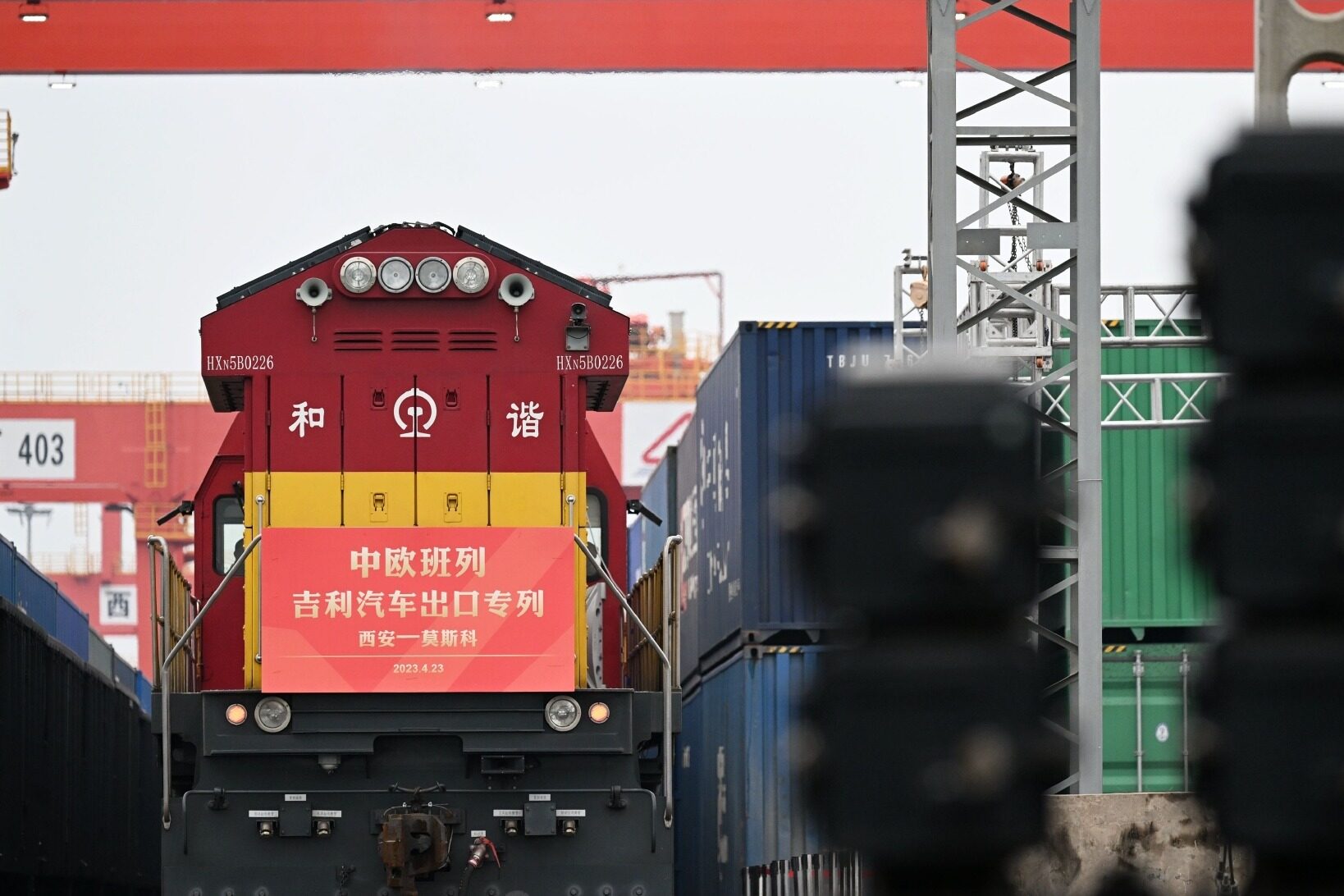
Over the past ten years, the Belt and Road Initiative has brought tangible benefits to European countries and people, and has been highly appraised by local experts, scholars and people. A few days ago, experts and scholars from China, Germany, Italy, Australia and other countries discussed new breakthroughs in China-Europe Belt and Road cooperation at Zeppelin University in Germany in a combination of online and offline.

Klaus Mühlhahn, President of Zeppelin University in Germany, lamented in his speech that when he and his colleagues heard the term “Belt and Road” in 2013, they didn’t take it seriously. I thought it was just a Chinese dream, and it would slowly fade away. Unexpectedly, China's Belt and Road Initiative has now entered its tenth anniversary, and a number of major cooperation projects and livelihood projects have been implemented in Asia, Latin America, Africa and even Europe.
He shared an interesting fact that Klaus had talks with several diplomats from Southeast Asian countries, and they all welcomed the Belt and Road Initiative: If we talk about cooperation with the United States or Europeans, what we think of is commitment. But now we talk about cooperation with China, and what we get are airports and railways. These days, we need more tangible help than just lip service.
Klaus Mühlhahn pointed out that Europe's global appeal is rapidly declining, although many Europeans do not want to admit this. The Belt and Road Initiative proposed by China has enriched the mechanism and content of international development cooperation and added important impetus to the development of countries along the route. European countries should seize this opportunity to re-establish close ties with China.

Josef Wieland, director of the Institute of Excellence in Leadership at Zeppelin University in Germany, once visited the Shaanxi History Museum in Xi'an and learned about the history of the ancient Silk Road. Josef Wieland believes that the development of human history relies on trade to move forward. During the period of Emperor Wu of the Han Dynasty in China, Zhang Qian made two missions to the Western Regions, opening the door to the Eurasian continent from the west of China, and the Silk Road began to take shape. Today, China's proposal of the Belt and Road Initiative is not a political conspiracy, but a historical continuation. He called on European countries to understand and study the profound connotation of the Belt and Road Initiative and participate in it personally. Only when real cooperation is achieved can they be qualified to judge the pros and cons of this initiative.
Professor Ma Li, a professor at Peking University's Guanghua School of Management, shared at the meeting two projects that China's Belt and Road Initiative has successfully implemented in Spain and Pakistan. He used detailed data and professional explanations to stimulate the interest of the guests in China's Belt and Road Initiative. Professor Ma Li pointed out that China has the confidence and ability to provide support to countries along the Belt and Road, and China itself will strengthen its ability to tell Chinese stories well, so that the new practice of the Belt and Road can better benefit the world.
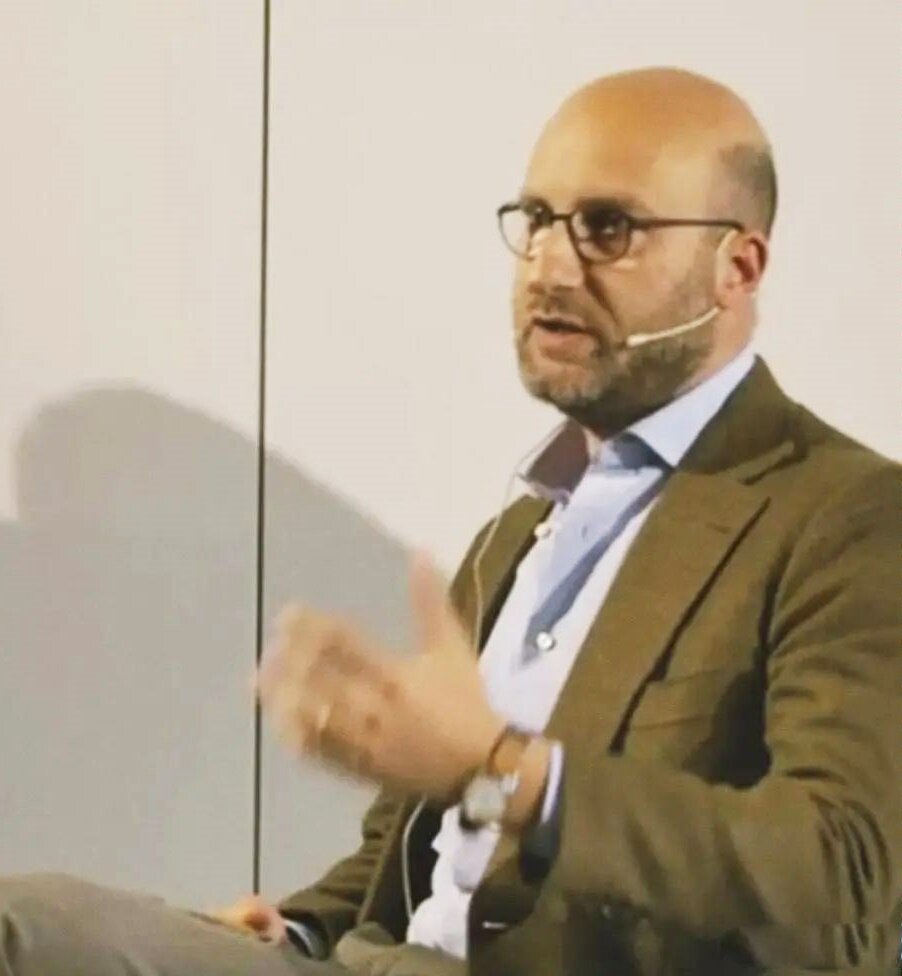
Enrico Fardella, a professor at the Oriental University of Naples in Italy, recalled that since the outbreak of the international financial crisis, the Italian economy has been sluggish and has relied more on foreign economic cooperation. In 2015, China took the lead in making direct investment in Italy, and it was at that time that all Italians knew about China's Belt and Road Initiative. Therefore, Italy became the first Group of Seven (G7) country to sign a cooperation document with China on the joint construction of the Belt and Road Initiative. In 2019, the signing of the Memorandum of Understanding between China and Italy to jointly promote the construction of the Belt and Road Initiative is undoubtedly a full affirmation of the existing achievements of the Belt and Road Initiative, and will also inject new momentum into the further advancement of the Belt and Road Initiative. Enrico Fardella said that Italy is actively participating in the joint construction of the Belt and Road Initiative, and hopes that Italy will act as a bridge to let more European countries understand China's Belt and Road Initiative.
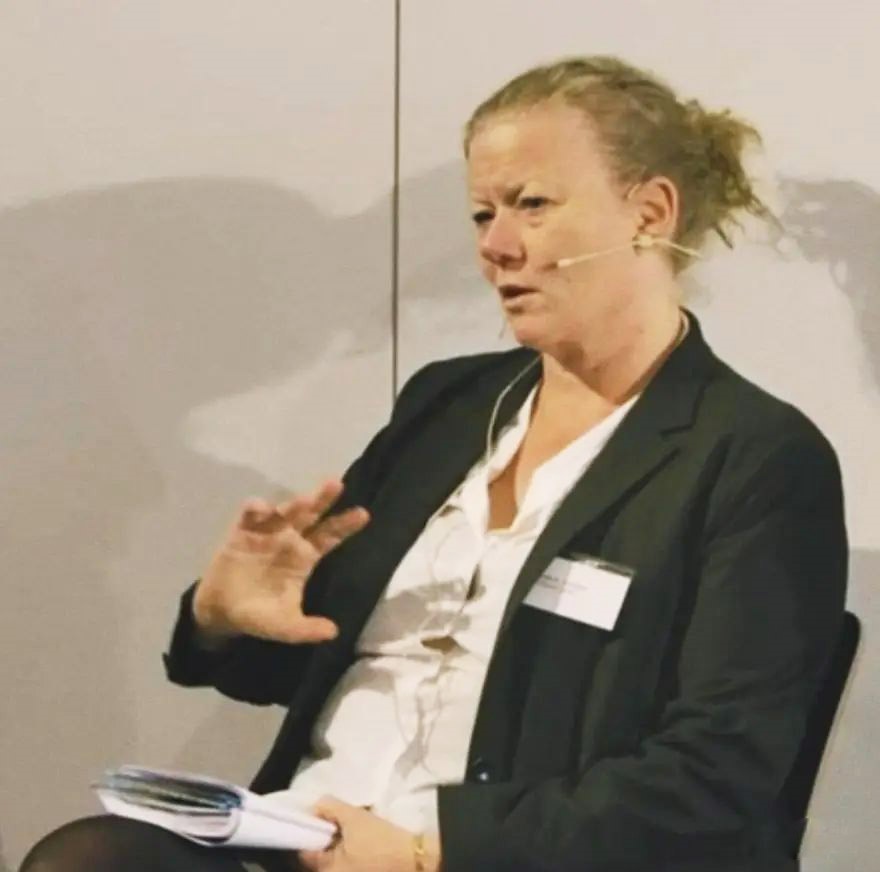
Lauren A. Johnston, a professor at the University of Sydney in Australia, said that China's Belt and Road Initiative has far-reaching significance, and it consists of five parts. The first is to help build local infrastructure, the second is to ensure smooth trade, the third is to strengthen currency circulation, the fourth is to strengthen cultural exchanges between countries, and the fifth part is to enhance mutual trust and communication between governments.
Lauren studied at Peking University, and her dissertation was on trade between China and Africa. According to her, since the Belt and Road Initiative was proposed more than nine years ago, African countries have actively participated, and many large-scale infrastructure projects jointly built by China and Africa have begun to benefit the African continent. For example, in Ethiopia, the quality of local roads is worrying, and they will always collapse during the rainy season. After Chinese builders came here, they helped them build high-quality roads and taught local people how to maintain roads. Due to the greatly reduced transportation time and cost, some local small markets along the route have developed spontaneously, creating more possibilities for residents along the route to increase their income. Lauren pointed out that a series of achievements such as roads and bridges have shown the world that more and more African people have a future full of opportunities due to the joint construction of the Belt and Road cooperation between China and Africa. European countries should not miss China's opportunities, and should actively cooperate with China to build a better future based on their own conditions.
Experts and scholars from various countries conducted in-depth discussions on the Belt and Road Initiative, hoping that through this high-level exchange and sharing platform, an innovative ecology that reconnects Europe and China will be built to help European countries and China form an innovative, open, transparent, Shared development atmosphere.Editor/Ma Xue
Comment
 Praise
Praise
 Collect
Collect
 Comment
Comment
 Search
Search


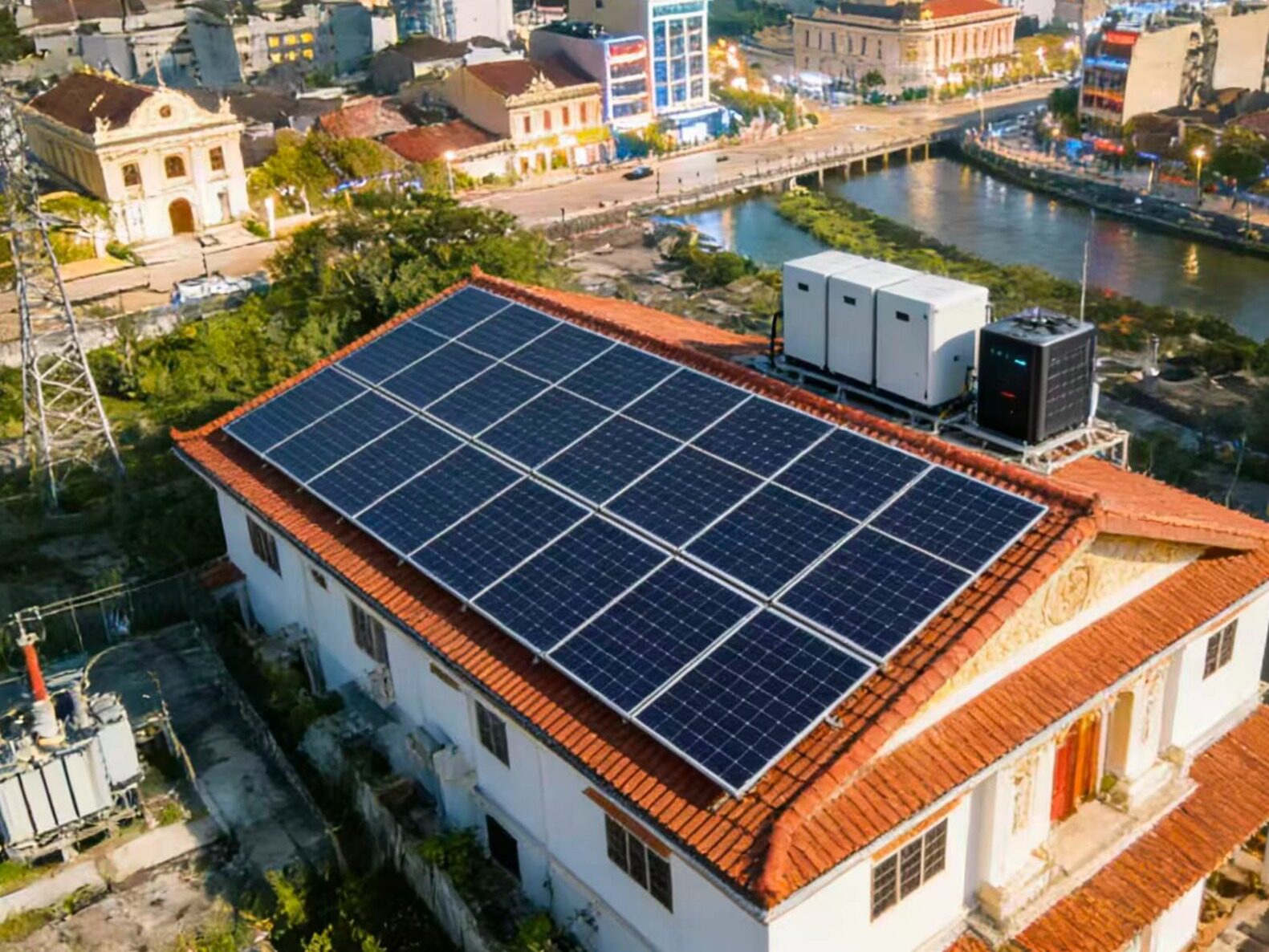

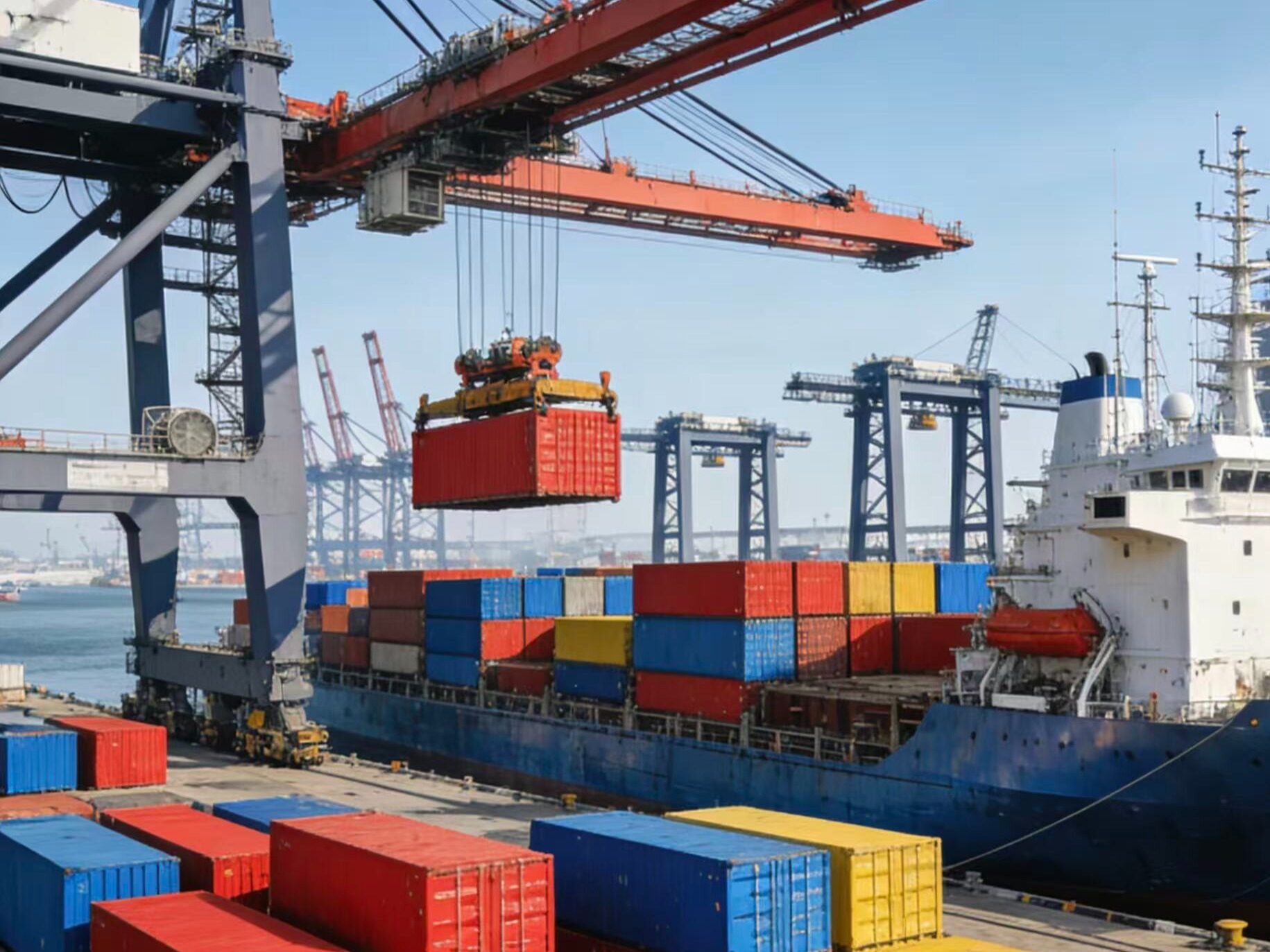
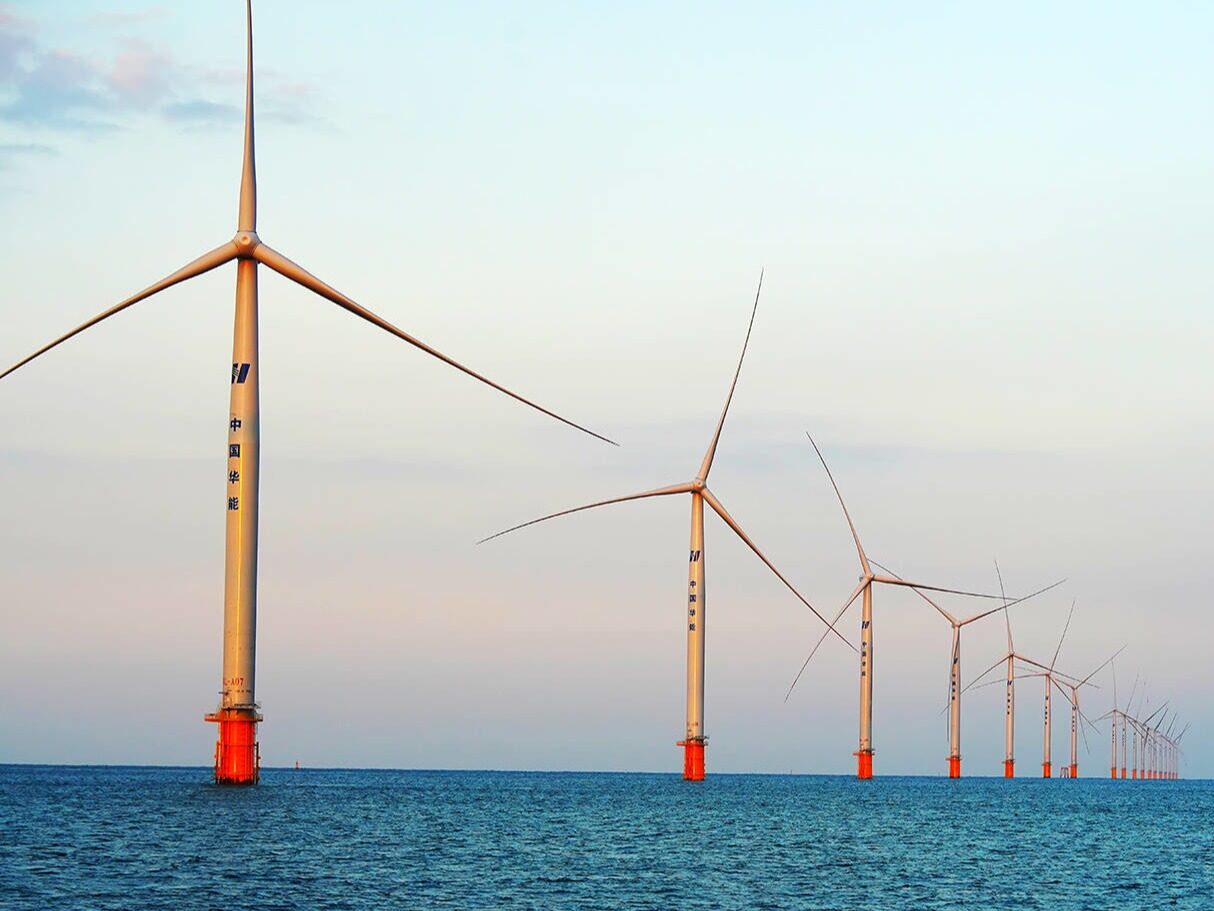

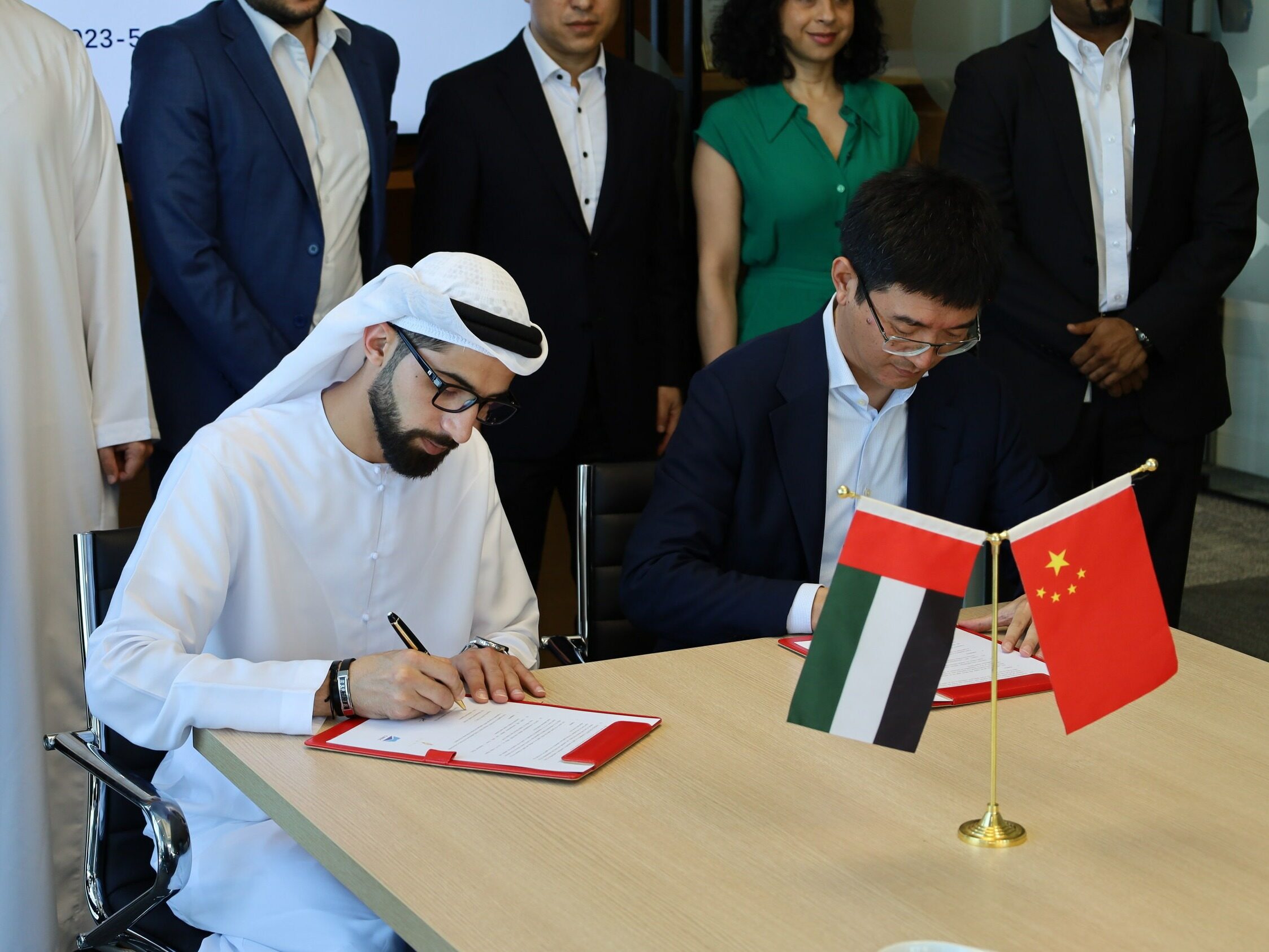






Write something~